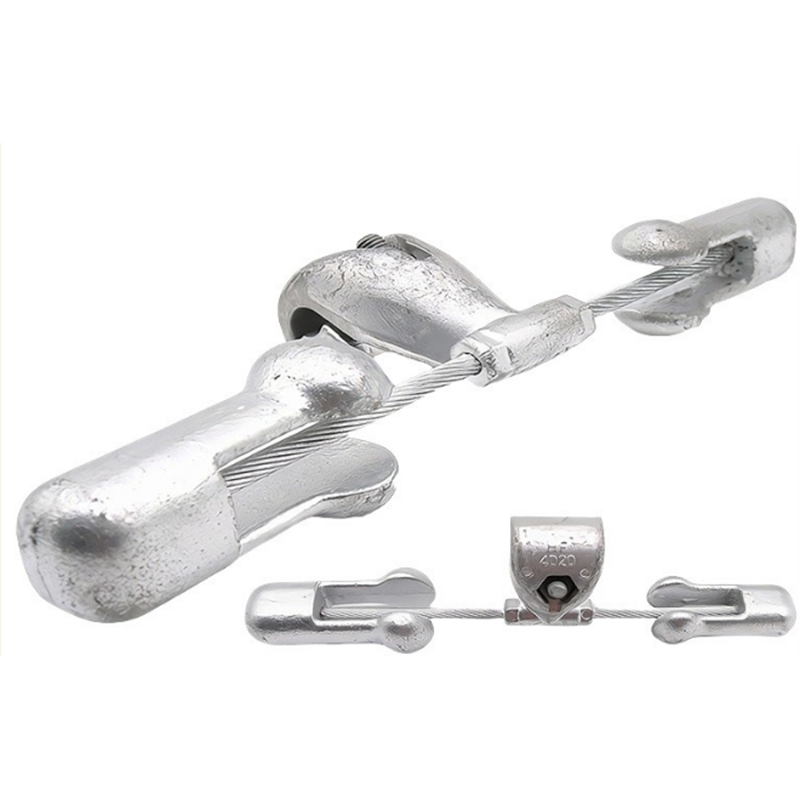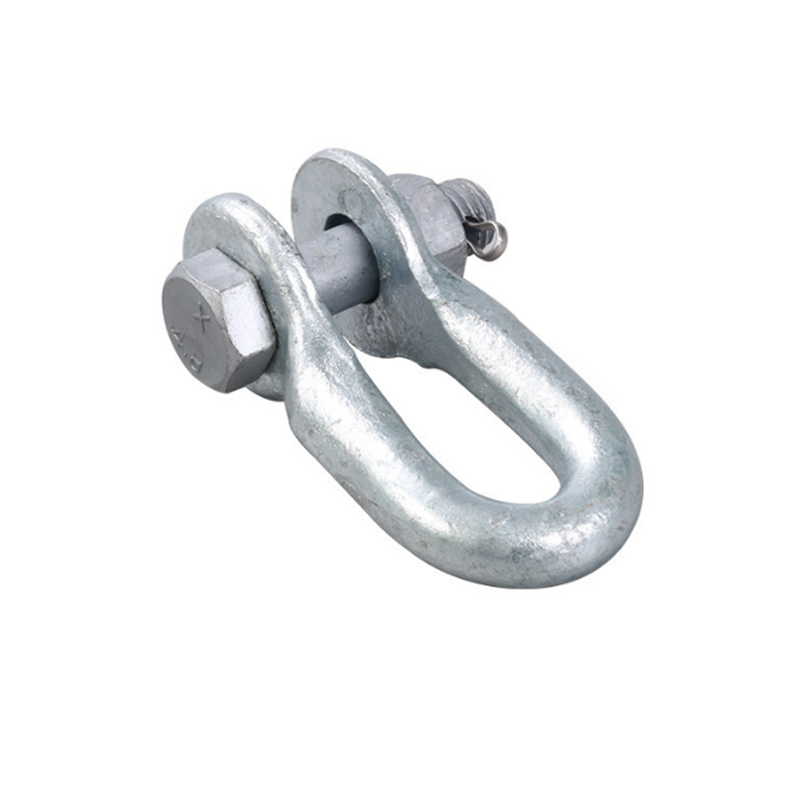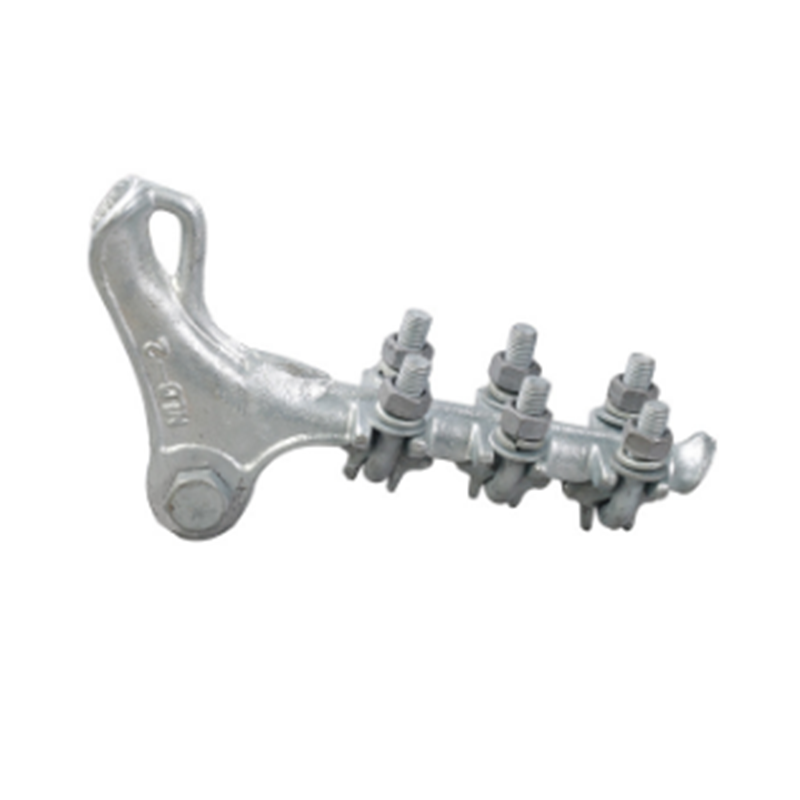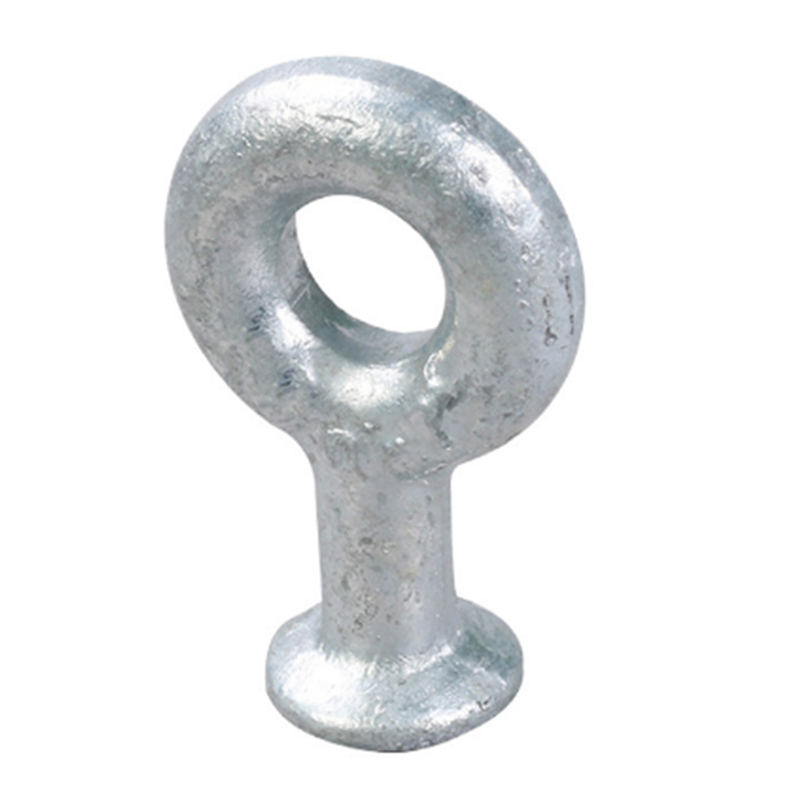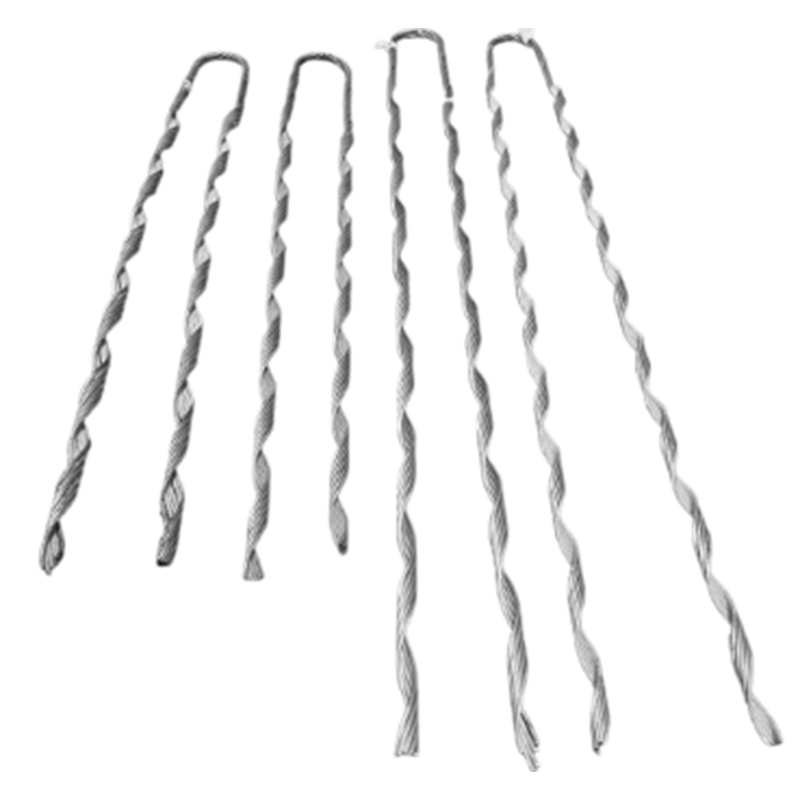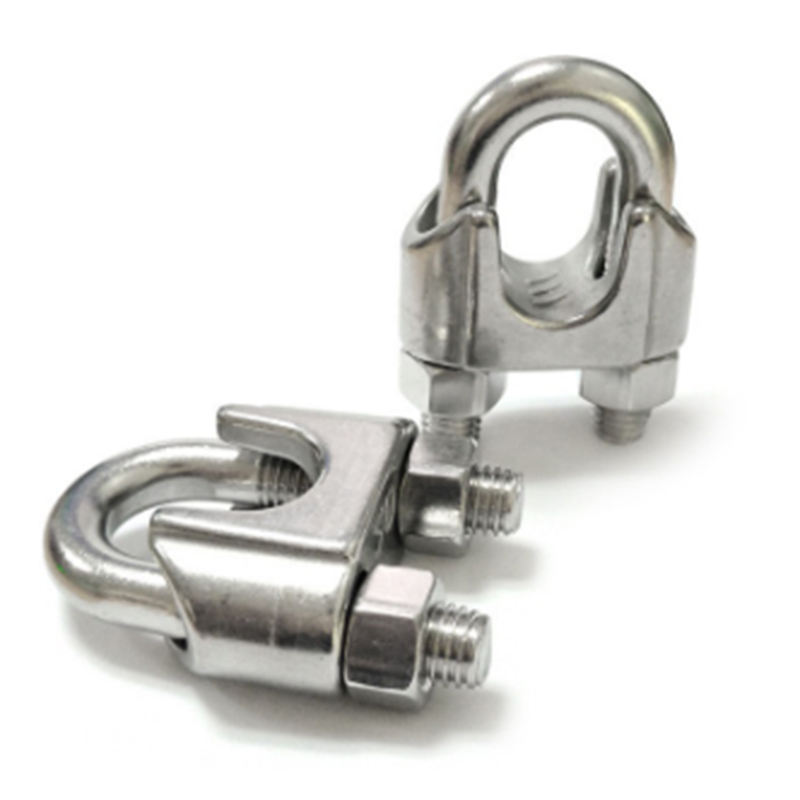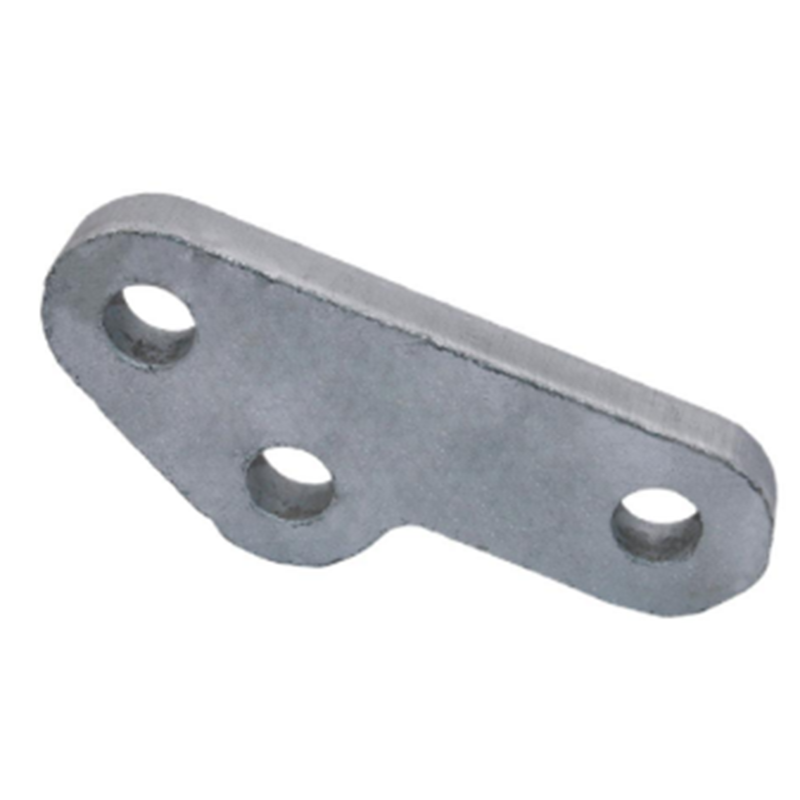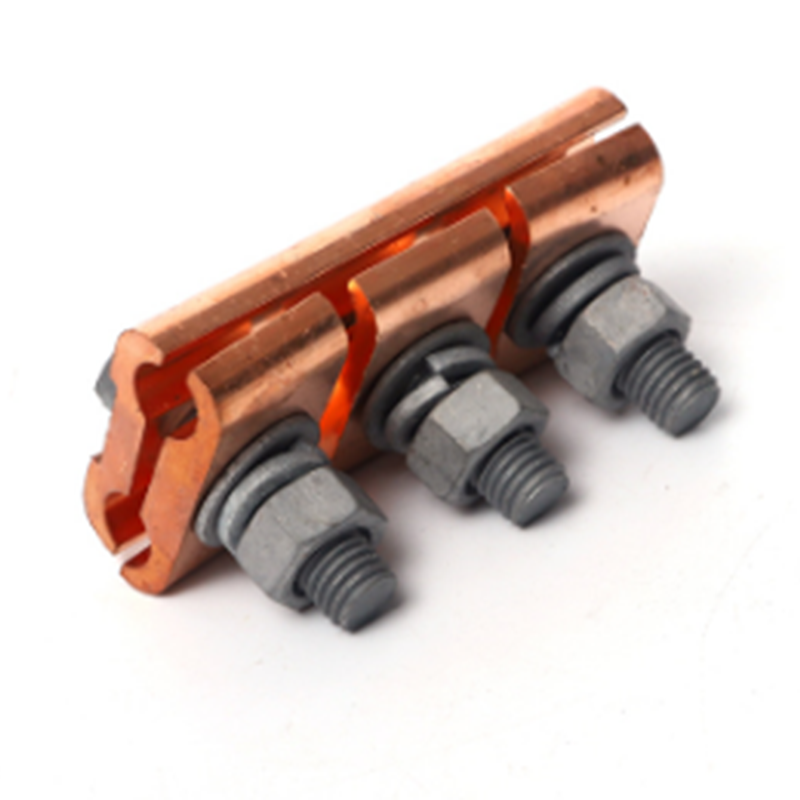
Cap bolt
The Underappreciated Role of the Cap Bolt in Engineering
Far too often, cap bolts are disregarded in the broader scheme of engineering projects. Yet, these seemingly simple components hold critical importance in ensuring the stability and reliability of structures and machinery. Here’s an insight into their practical applications, common mistakes, and lessons learned from several years in the field.
Unveiling the Cap Bolt
The term cap bolt might sound straightforward, but its application varies widely. Depending on the specific engineering project, these bolts might be utilized in automotive assemblies, industrial machines, or even construction projects. At first glance, they appear simple—a head, a shank, and a thread. But the materials, the precise dimensions, and the surface treatments can greatly impact performance.
From my time in the industry, I've seen projects where the wrong material choice led to catastrophic failures. A stainless steel bolt used where a high-tensile steel bolt was necessary, for example, can cause significant issues. The importance of selecting the right type of cap bolt cannot be overstated.
In terms of material, it's not just about corrosion resistance. A material’s tensile strength, ductility, and hardness play vital roles. Shengfeng Hardware Fastener Factory has an excellent track record of providing reliable options, polished through years of experience and a solid reputation in the fastener industry.
Missteps and Remedies
One common mistake I’ve encountered is the miscalculation of bolt preload during installation. A too-loose bolt might result in vibration and fatigue, while over-tightening could cause the bolt to fracture. The art—and science—of determining the correct torque is something that often comes only with experience.
Once, working on a project adjacent to the National Highway 107 in Hebei, our team faced an over-tightening scenario. The repercussions were a halt in operations and a costly learning fee, teaching us the importance of precise torque measurement tools and procedures.
Shengfeng Hardware Fastener Factory offers a variety of washers, including spring washers and flat washers, which can help distribute the load effectively and prevent slippage, further mitigating these issues.
Practical Insights
In practical terms, the placement and environment of the cap bolt are equally important. For instance, in environments prone to high temperatures or chemical exposure, corrosion-resistant coatings might be necessary to prolong the lifespan of the bolt. I recall a project at an industrial plant where zinc-coated bolts prevented rust but failed under high heat, leading us to switch to more robust alternatives.
When designing assemblies, the alignment of holes and threads is another seemingly minor detail that can have major consequences. Misalignment can cause undue stress on the bolts, leading to premature wear or failure. Frequent inspections can catch these issues before they become costly problems.
Having worked with suppliers like Shengfeng, I've learned to value manufacturers who maintain high quality in these precise tolerances. Their factory’s location in a well-connected industrial zone further aids in ensuring timely delivery and consistent quality.
Choosing the Right Supplier
Selecting the right supplier for these components is crucial. Partnering with manufacturers who understand the nuances of fasteners can make or break a project. Reliable manufacturers offer not just the components, but also vital technical support and material certifications that are often necessary in regulated industries.
A visit to Shengfeng’s website, sxwasher.com, will reveal a wide range of fasteners spanning more than 100 specifications. Their commitment to quality and proximity to key transportation routes only emphasizes their reliability as a supplier.
Ultimately, longevity and reliability in project assemblies are often secured by these unseen, unsung heroes of the engineering world—the cap bolts. Acknowledging their significance ensures a foundation built on stability rather than uncertainty.
Real-world Applications
During my early days in the field, I witnessed the critical role cap bolts played in automotive assemblies, securing everything from chassis components to engine parts. Precision and reliability are not merely requirements—they're non-negotiable standards.
As I gained more experience, I realized that the construction industry also heavily relies on these bolts. In the construction of steel frameworks, for example, their ability to bear significant loads without deformation or failure is vital.
In every project, my approach has always been to opt for well-reviewed, high-quality products, like those from Handan Shengfeng Hardware Fastener Factory, to ensure the success and safety of our engineering endeavors.
Concluding Thoughts
Ultimately, whether overlooked or deeply appreciated, the role of the cap bolt in engineering is undeniable. It’s both a tool of simplicity and complexity, demanding respect and understanding from those who employ it.
This reflection stems from years of hands-on experience, learning, and even mistakes. The evolution in my appreciation for these components continues, driven by constant innovations in material science and engineering practices.
As we look towards the future in engineering and manufacturing, it’s clear that the small details, like the efficacious use of cap bolts, will always hold the immense power to shape success or failure.
Соответствующая продукция
Соответствующая продукция




